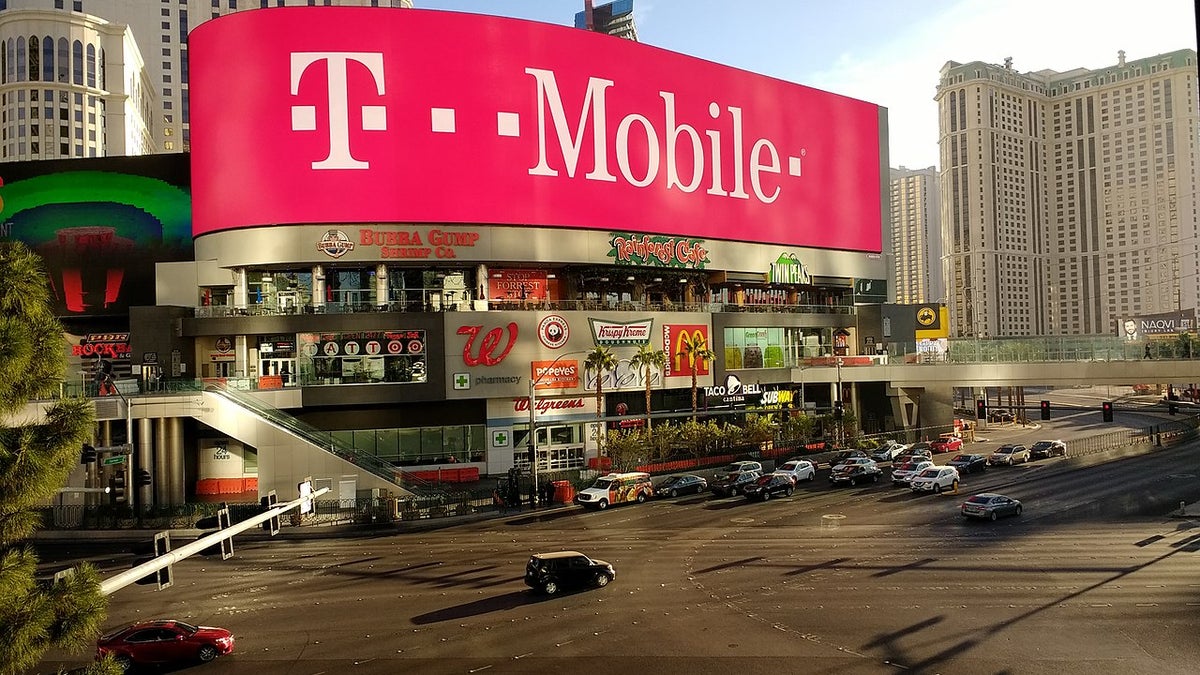T-Mobile customers say in lawsuit it sneakily passes off unfair charges as government fee

A new lawsuit has been filed against T-Mobile for not properly disclosing a fee that the carrier charges.
The class action lawsuit has been filed by a group of 23 plaintiffs, who claim that the company's Regulatory Programs and Telco Recovery Fee (RPTR Fee) is deceptive.
The complainants allege that the company has been given the impression that the RPTR Fee is a government-mandated charge by lumping it with legitimate government taxes and fees on bills.
That's despite the fact that this fee isn't necessitated by government regulation. The lawsuit also says that the charge is not justified by operational costs either. Instead, they claim it's "a concoction designed to increase T-Mobile’s revenue and pad its bottom line."
On its website, T-Mobile explicitly states that the Regulatory Programs & Telco Recovery Fee is neither a tax nor a government-imposed charge, but rather a fee collected by the company to account for certain costs it incurs, such as compliance with government mandates, charges levied by other carriers for delivery of calls from their network to T-Mobile's, and network facilities such as leases.
T-Mobile also says that charges like these are common across the industry. For instance, Verizon imposes a similar fee called Administrative and Telco Recovery Charge, for which it was sued in 2023.
T-Mobile introduced the RPTR Fee in 2004 and has hiked it multiple times since. It was last increased in 2022 from $3.18 to $3.49 for each voice line and from $1.16 to $1.40 for each data line.
The lawsuit also says that T-Mobile previously refused arbitration, meaning the company was not interested in resolving the dispute outside of court. The plaintiffs filed individual arbitration claims through the American Arbitration Association in 2023, but T-Mobile refused to participate in the process and didn't pay arbitration costs. In doing so, the company violated its mandatory arbitration agreement.
The plaintiffs have also called out T-Mobile for giving itself the freedom to adjust fees without notice.
This should be interesting, as T-Mobile recently said customers waive their right to a jury trial or participation in any class action suit by agreeing to its terms and conditions.
The class action lawsuit has been filed by a group of 23 plaintiffs, who claim that the company's Regulatory Programs and Telco Recovery Fee (RPTR Fee) is deceptive.
That's despite the fact that this fee isn't necessitated by government regulation. The lawsuit also says that the charge is not justified by operational costs either. Instead, they claim it's "a concoction designed to increase T-Mobile’s revenue and pad its bottom line."
T-Mobile also says that charges like these are common across the industry. For instance, Verizon imposes a similar fee called Administrative and Telco Recovery Charge, for which it was sued in 2023.
The lawsuit also says that T-Mobile previously refused arbitration, meaning the company was not interested in resolving the dispute outside of court. The plaintiffs filed individual arbitration claims through the American Arbitration Association in 2023, but T-Mobile refused to participate in the process and didn't pay arbitration costs. In doing so, the company violated its mandatory arbitration agreement.
The plaintiffs have also called out T-Mobile for giving itself the freedom to adjust fees without notice.
The lawsuit wants to represent all current and former T-Mobile postpaid customers who were charged the RPTR Fee and want the court to approve a class action. They are also seeking financial compensation, coverage for fees, and a jury trial.
This should be interesting, as T-Mobile recently said customers waive their right to a jury trial or participation in any class action suit by agreeing to its terms and conditions.
Follow us on Google News












Things that are NOT allowed:
To help keep our community safe and free from spam, we apply temporary limits to newly created accounts: